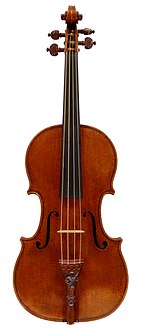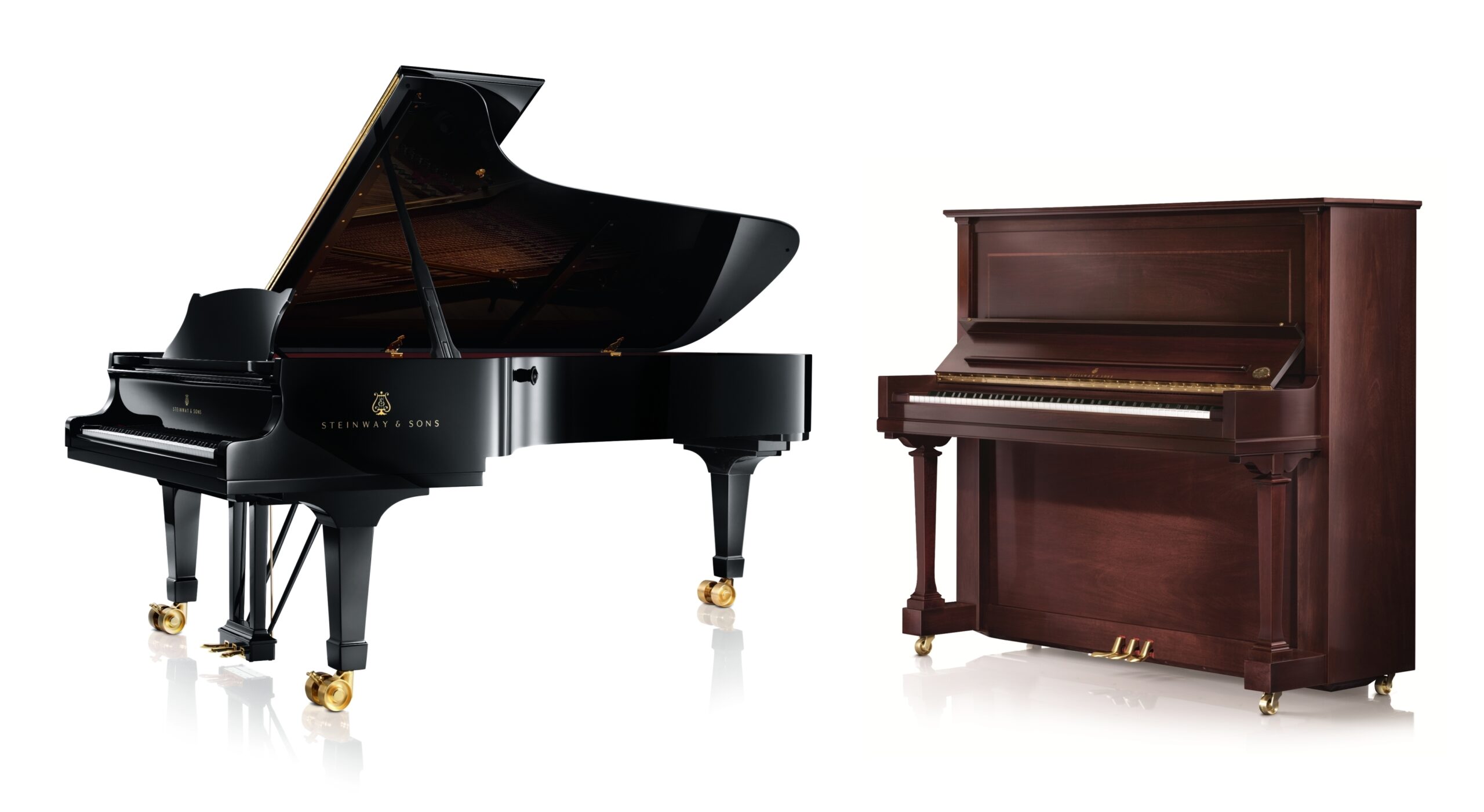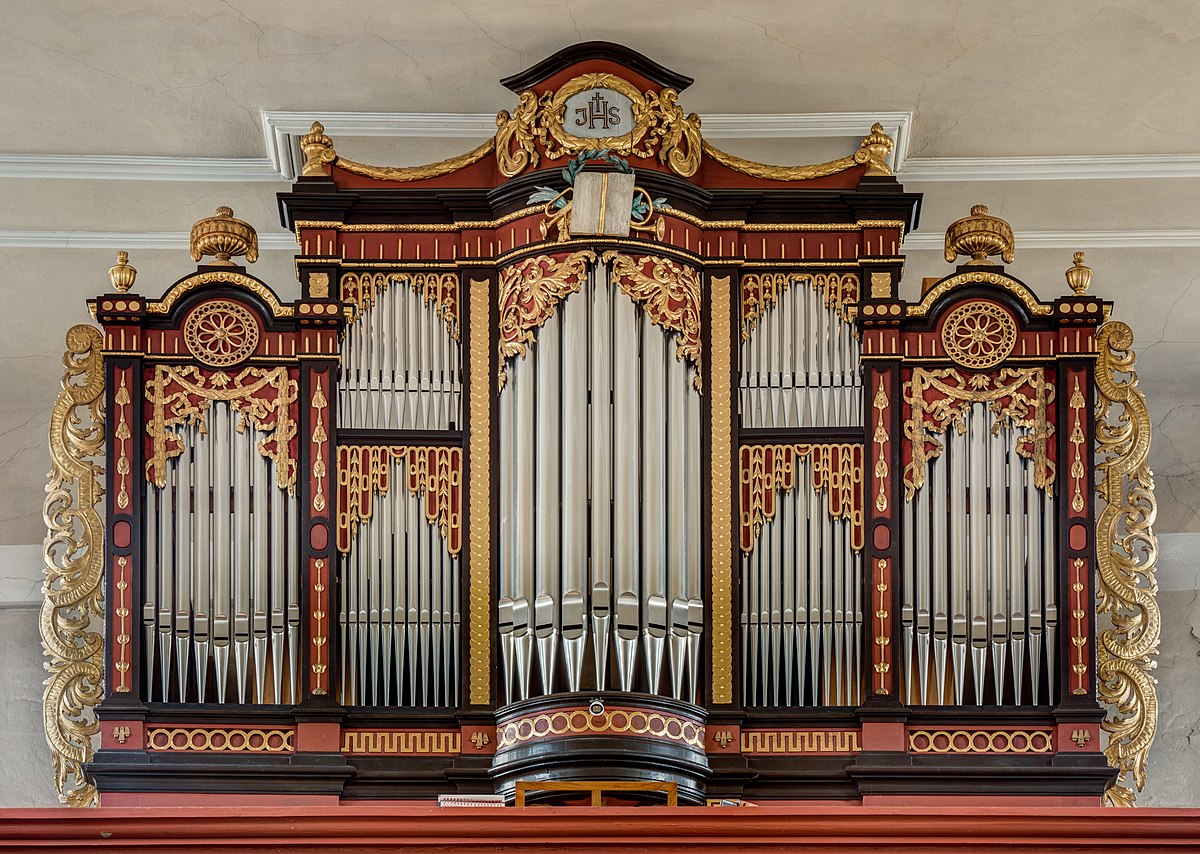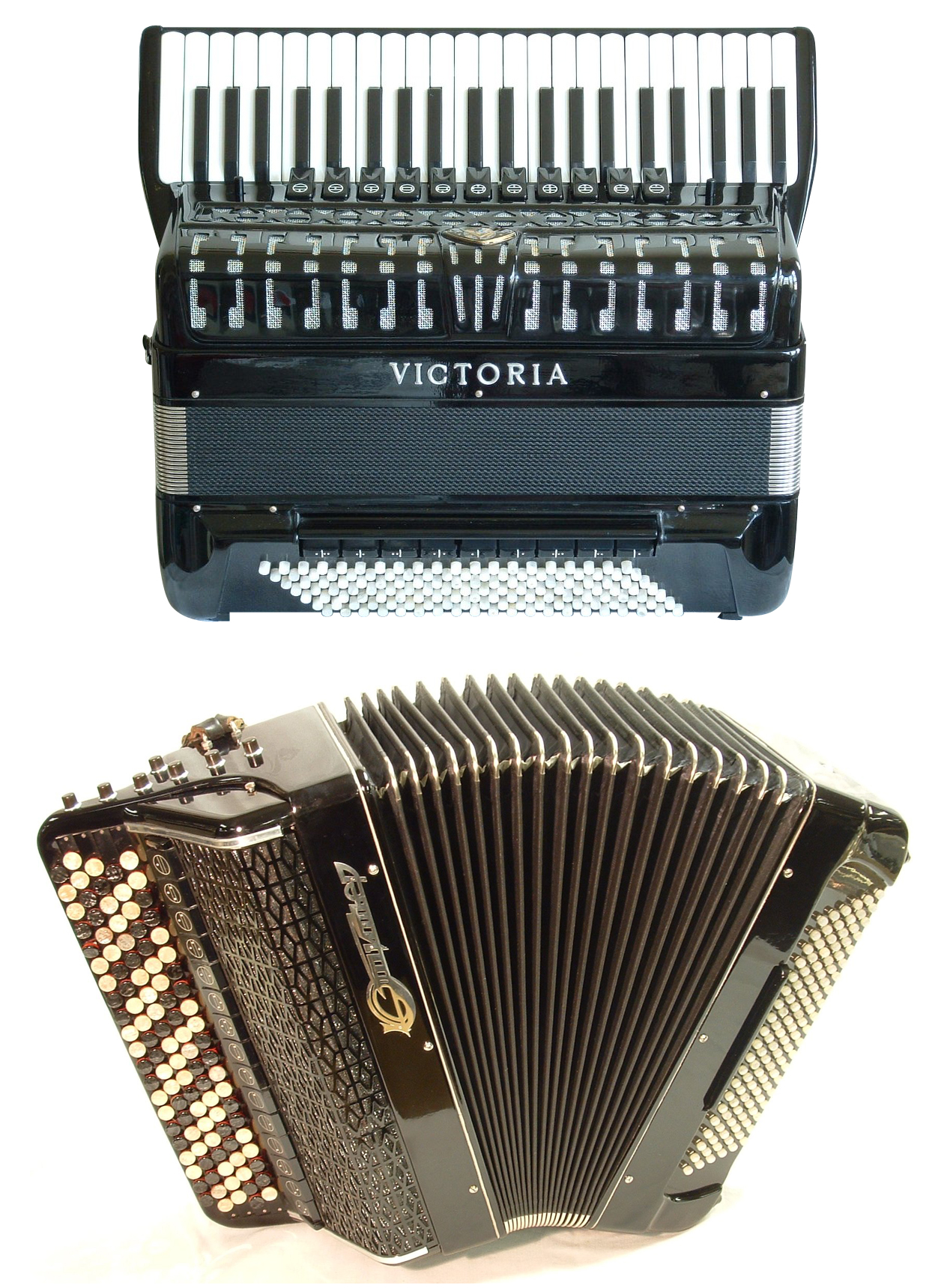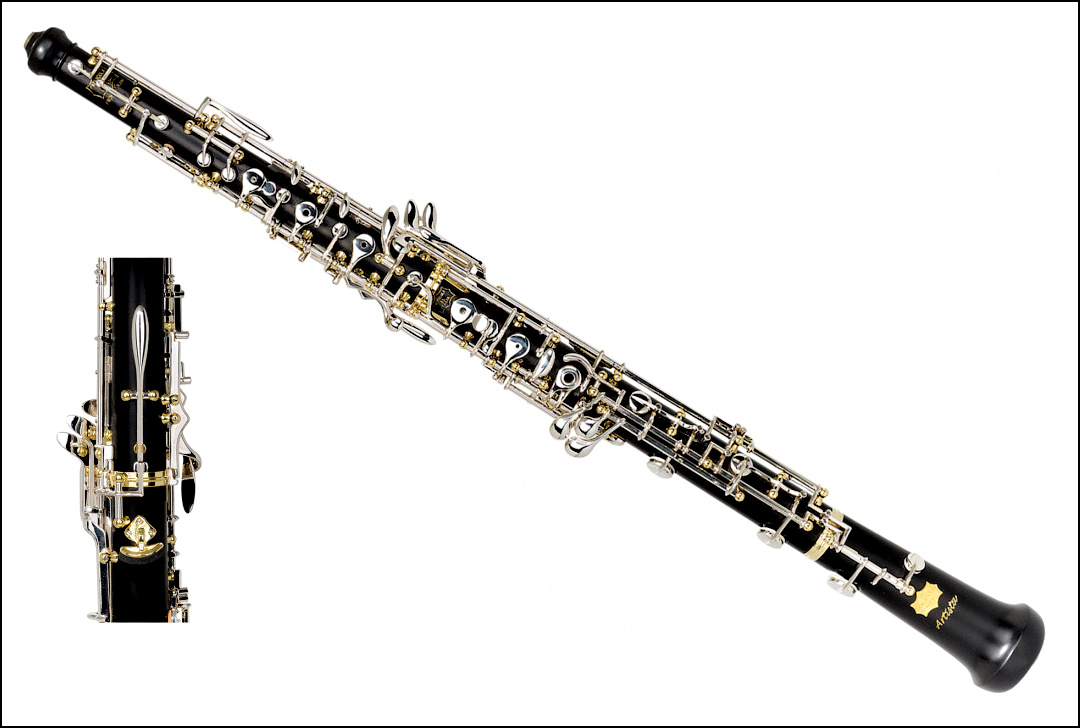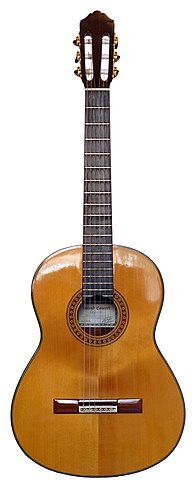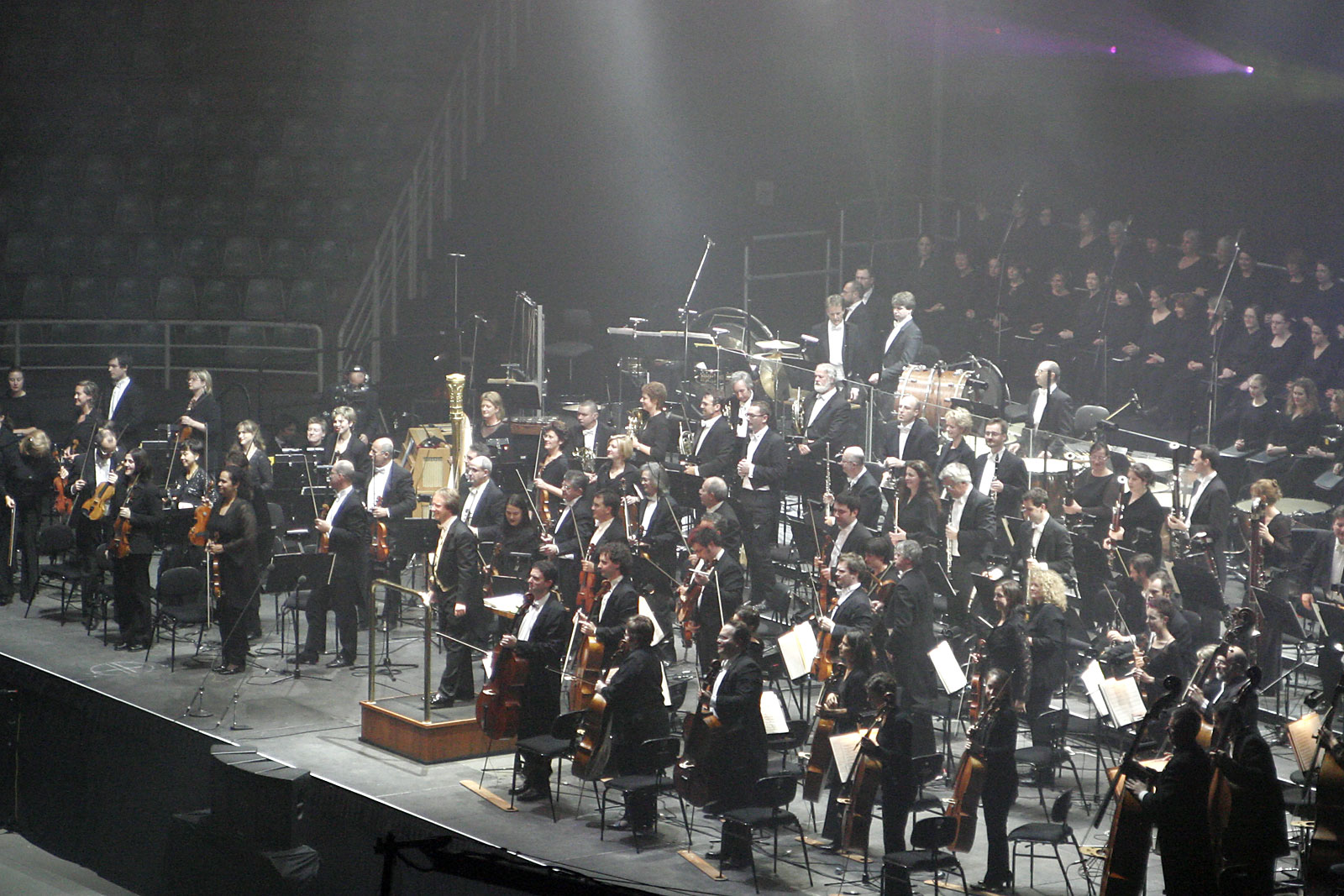European music instruments
Europe has a rich musical tradition which has led to the creation of numerous musical instruments. These instruments not only had a significant impact on European music, but also influenced music around the world. In europe we can find a lot of iconic places that have played a crucial role in the history of music. To list just a few:
Vienna, Austria
It was the home of legendary composers such as Mozart, Beethoven and Strauss. The city is also home to the Vienna State Opera and the prestigious Musikverein, famous for its acoustics and New Year’s Concert.
Berlin, Germany
Berlin is a vibrant music hub, with a scene that ranges from classical to electronic music. The Berlin Philharmonic is one of the most renowned orchestras in the world.
Paris, France
Paris has a long musical and cultural history, having been an important center for composers and musicians. The Palais Garnier, the Paris Opera, is an emblematic venue for opera music. The city is also known for its cafes and clubs hosting jazz and live music.
Milan, Italy
Milan is famous for its opera and the Teatro alla Scala, one of the most prestigious opera houses in the world. The city is a major center for classical music and has a lively music scene
Amsterdam, Netherlands
Amsterdam is known for its innovative music scene and the Royal Concertgebouw Orchestra, considered one of the best orchestras in the world. The city also hosts numerous music festivals and a variety of concert venues.
London, United Kingdom
London is a musical epicenter that spans multiple genres. The Royal Albert Hall is an iconic venue for classical and pop concerts. The city also has a thriving independent music scene and a wide range of festivals, such as the Notting Hill Carnival.
Salzburg, Austria
Salzburg is the birthplace of Mozart and home to the famous Salzburg Festival, an annual event celebrating classical music and opera. The city also offers beautiful landscapes that attract musicians and music lovers.:
The violin is a bowed instrument that originated in Italy in the 16th century. It is known for its sweet sound and versatility. The violin is fundamental to classical music, but is also used in many other musical genres, including folk, jazz and rock. Stradivari and Guarneri are two of the most famous luthiers who perfected the construction of the violin.
The piano is perhaps the best-known and most widely used European musical instrument. It was invented in the early 18th century by Bartolomeo Cristofori, an Italian instrument maker. The piano is unique in its ability to play both delicate and powerful notes and has played a crucial role in classical music, jazz, pop and many other genres.
The pipe organ is one of the oldest musical instruments in Europe, with a history dating back to the medieval period. It is typically associated with sacred music and is used primarily in churches. The organ has a wide dynamic range and can produce powerful sounds that fill large spaces.
The accordion is a bellows instrument that became popular in Europe in the 19th century. Similar inventions already existed, but the accordion as we know it today was patented by Cyrill Demian in Vienna in 1829. It is used in many musical genres, including folk, tango, Balkan music and Cajun music.
The oboe is a double-reed woodwind instrument with roots dating back to the French Baroque period. The modern oboe traces its origins to the “hautbois,” developed in the 17th century. It is known for its clear, penetrating sound and is a key component of symphony orchestras.
The classical guitar, or Spanish guitar, is a stringed instrument that had a significant evolution in Spain during the 18th and 19th centuries. It is an essential instrument for classical music, but has also given rise to many variations used in flamenco, jazz and popular music.
Orchestral instruments are fundamental elements in the creation of symphonic music. Each instrument has its own timbre and characteristics, contributing uniquely to the overall harmony of an orchestra.
Elka, Crumar, Farfisa, Wasp, Waldorf and so on. Here some samples extracted from these machines
